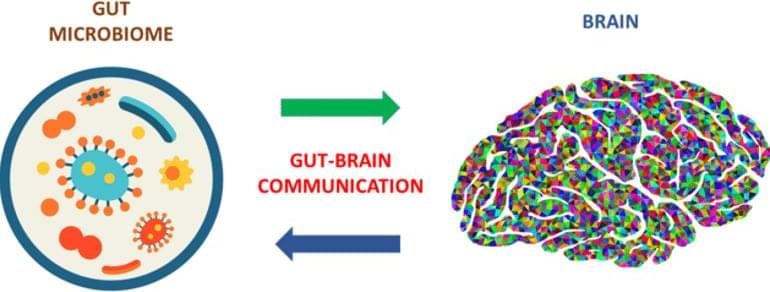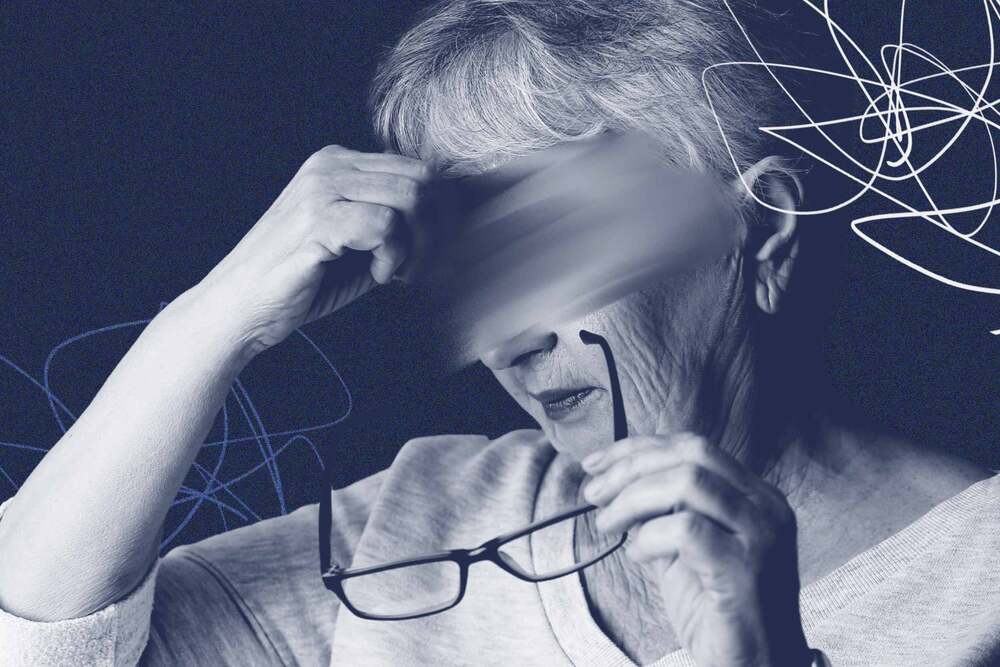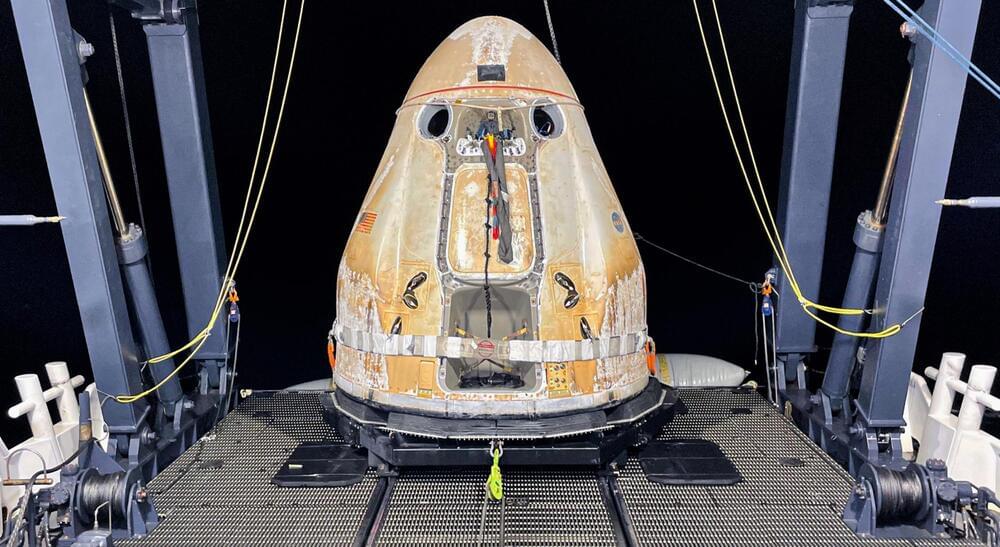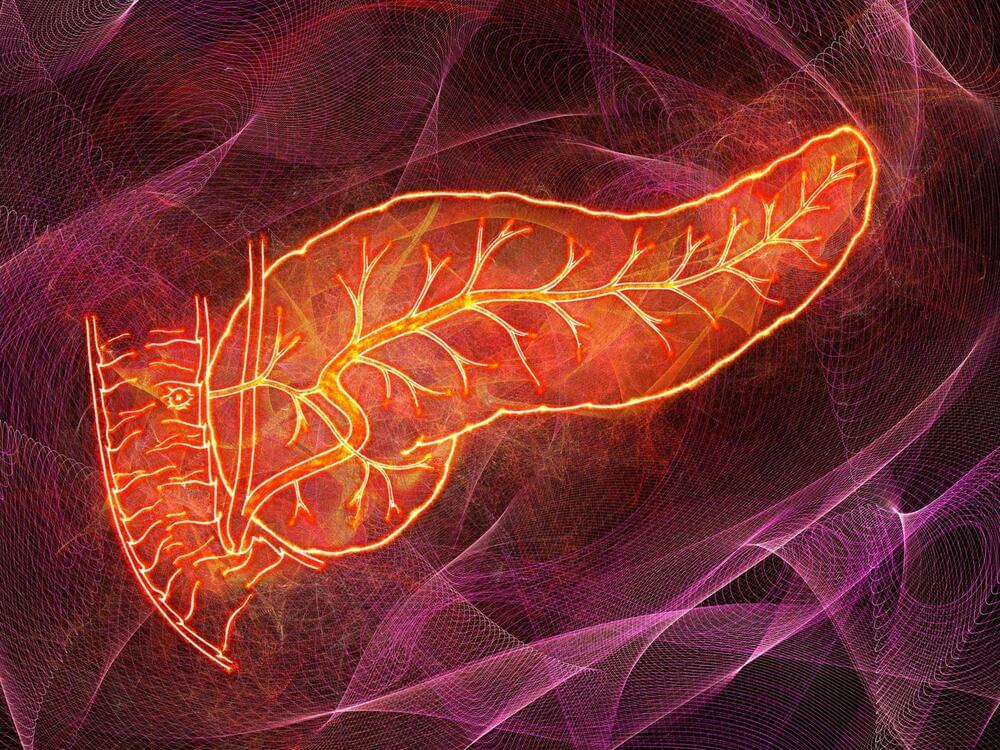Technology and medicine are becoming more wondrous, and now a new drug will be developed that will prevent people from freezing.



A chronic cough is a cough that lasts eight weeks or longer in adults, or four weeks in children.
A chronic cough is more than just an annoyance. A chronic cough can interrupt your sleep and leave you feeling exhausted. Severe cases of chronic cough can cause vomiting, lightheadedness and even rib fractures.
While it can sometimes be difficult to pinpoint the problem that’s triggering a chronic cough, the most common causes are tobacco use, postnasal drip, asthma and acid reflux. Fortunately, chronic cough typically disappears once the underlying problem is treated.
Leading The Global Fight Against Antimicrobial Resistance (AMR) — Dr. Haileyesus Getahun, MD, MPH, Ph.D., Director of AMR Global Coordination, World Health Organization (WHO)
Dr. Haileyesus Getahun, MD, MPH, Ph.D. is Director of AMR (Antimicrobial Resistance) Global Coordination at the World Health Organization (WHO) and the Quadripartite (FAO/UNEP/WHO/WOAH) Joint Secretariat on Antimicrobial Resistance. (https://www.who.int/about/people/biography/dr-haileyesus-getahun)
Antimicrobial resistance (AMR) threatens the effective prevention and treatment of an ever-increasing range of infections caused by bacteria, parasites, viruses and fungi. AMR occurs when bacteria, viruses, fungi and parasites change over time and no longer respond to medicines making infections harder to treat and increasing the risk of disease spread, severe illness and death. As a result, the medicines become ineffective and infections persist in the body, increasing the risk of spread to others. Over 1.27 million deaths worldwide were attributed to AMR infections in 2019. Antimicrobials — including antibiotics, antivirals, antifungals and antiparasitics — are medicines used to prevent and treat infections in humans, animals and plants. Microorganisms that develop antimicrobial resistance are sometimes referred to as “superbugs”.
Dr. Getahun coordinates the global One Health multi-sectoral response to AMR across the human, animal, plant, food, feed and environment sectors; directs the Secretariat of the Global Leaders Group on AMR (https://www.amrleaders.org) currently co-chaired by Their Excellencies Prime Minister of Barbados and Bangladesh; facilitates the research and development agenda through priority setting and gap analysis, and provides policy and programmatic guidance to nurture and scale up evidence-based interventions to enhance antimicrobial stewardship activities, awareness and behavioral change across all sectors.
Dr. Getahun was formerly the Director of the Secretariat of the United Nations Interagency Coordination Group on Antimicrobial Resistance (IACG) which was established by the UN Secretary General and released the 2019 ground-breaking report on how to respond to the global AMR crisis. Before that he worked in the Global TB Program of WHO leading its work on TB/HIV and community care.

The rebooting came in the form of a gene therapy involving three genes that instruct cells to reprogram themselves—in the case of the mice, the instructions guided the cells to restart the epigenetic changes that defined their identity as, for example, kidney and skin cells, two cell types that are prone to the effects of aging. These genes came from the suite of so-called Yamanaka stem cells factors—a set of four genes that Nobel scientist Shinya Yamanaka in 2006 discovered can turn back the clock on adult cells to their embryonic, stem cell state so they can start their development, or differentiation process, all over again. Sinclair didn’t want to completely erase the cells’ epigenetic history, just reboot it enough to reset the epigenetic instructions. Using three of the four factors turned back the clock about 57%, enough to make the mice youthful again.
“We’re not making stem cells, but turning back the clock so they can regain their identity,” says Sinclair. “I’ve been really surprised by how universally it works. We haven’t found a cell type yet that we can’t age forward and backward.”
Rejuvenating cells in mice is one thing, but will the process work in humans? That’s Sinclair’s next step, and his team is already testing the system in non-human primates. The researchers are attaching a biological switch that would allow them to turn the clock on and off by tying the activation of the reprogramming genes to an antibiotic, doxycycline. Giving the animals doxycycline would start reversing the clock, and stopping the drug would halt the process. Sinclair is currently lab-testing the system with human neurons, skin, and fibroblast cells, which contribute to connective tissue.

Summary: Researchers develop a novel tool that allows for the study of the communication of microbes in the gastrointestinal tract and the brain.
Source: Baylor College of Medicine.
In the past decade, researchers have begun to appreciate the importance of a two-way communication that occurs between microbes in the gastrointestinal tract and the brain, known as the gut–brain axis.

𝐁𝐫𝐞𝐚𝐤𝐭𝐡𝐫𝐨𝐮𝐠𝐡!
𝐍𝐞𝐮𝐫𝐨𝐬𝐜𝐢𝐞𝐧𝐭𝐢𝐬𝐭𝐬 𝐬𝐨𝐥𝐯𝐞 𝐦𝐲𝐬𝐭𝐞𝐫𝐢𝐞𝐬 𝐚𝐛𝐨𝐮𝐭 𝐥𝐞𝐚𝐝𝐢𝐧𝐠 𝐛𝐢𝐨𝐦𝐚𝐫𝐤𝐞𝐫 𝐟𝐨𝐫 𝐀𝐥𝐳𝐡𝐞𝐢𝐦𝐞𝐫’𝐬
𝙐𝙣𝙞𝙫𝙚𝙧𝙨𝙞𝙩𝙮 𝙤𝙛 𝙑𝙞𝙧𝙜𝙞𝙣𝙞𝙖 𝙣𝙚𝙪𝙧𝙤𝙨𝙘𝙞𝙚𝙣𝙩𝙞𝙨𝙩𝙨 𝙝𝙖𝙫𝙚 𝙧𝙚𝙫𝙚𝙖𝙡𝙚𝙙 𝙝𝙤𝙬 𝙖 𝙩𝙤𝙭𝙞𝙘 𝙛𝙤𝙧𝙢 𝙤𝙛 𝙩𝙖𝙪 𝙥𝙧𝙤𝙩𝙚𝙞𝙣, 𝙣𝙤𝙩𝙤𝙧𝙞𝙤𝙪𝙨 𝙛𝙤𝙧 𝙛𝙤𝙧𝙢𝙞𝙣𝙜 𝙩𝙖𝙣𝙜𝙡𝙚𝙨 𝙞𝙣 𝙩𝙝𝙚 𝙗𝙧𝙖𝙞𝙣𝙨 𝙤𝙛 𝙥𝙚𝙤𝙥𝙡𝙚 𝙬𝙞𝙩𝙝 𝘼𝙡𝙯𝙝𝙚𝙞𝙢𝙚𝙧’𝙨 𝙙𝙞𝙨𝙚𝙖𝙨𝙚 𝙖𝙣𝙙 𝙨𝙚𝙫𝙚𝙧𝙖𝙡 𝙤𝙩𝙝𝙚𝙧 𝙣𝙚𝙪𝙧𝙤𝙙𝙚𝙜𝙚𝙣𝙚𝙧𝙖𝙩𝙞𝙫𝙚 𝙙𝙞𝙨𝙤𝙧𝙙𝙚𝙧𝙨, 𝙨𝙥𝙧𝙚𝙖𝙙𝙨 𝙩𝙝𝙧𝙤𝙪𝙜𝙝 𝙩𝙝𝙚 𝙗𝙧𝙖𝙞𝙣 𝙖𝙨 𝙩𝙝𝙚 𝙙𝙞𝙨𝙚𝙖𝙨𝙚 𝙥𝙧𝙤𝙜𝙧𝙚𝙨𝙨𝙚𝙨.
The new discovery advances the battle against the disease, which strikes 1 in 9 people over age 65.

A SpaceX Cargo Dragon 2 spacecraft has safely returned to Earth after delivering several tons of NASA supplies to the International Space Station (ISS).
A little over six weeks after Falcon 9 launched SpaceX’s 26th Commercial Resupply Services 2 (CRS2) mission for NASA, Dragon departed the ISS on January 9th. Efficiently lowering its orbit with several small Draco thrusters took about 36 hours, and reusable Dragon 2 capsule C211 eventually slowed to the point that it began impacting Earth’s atmosphere. Using its ablative heat shield like a brake pad, Dragon slowed from a velocity of 7.5 kilometers per second (16,800 mph) to about 155 meters per second (~350 mph) before beginning parachute deployment.
At 5:19 am on January 11th, the Dragon capsule gently splashed down off the coast of Tampa, Florida, and was quickly secured by a SpaceX recovery ship. Once onboard, the capsule was opened up, and cargo fresh from orbit was loaded onto a helicopter as quickly as possible. That system – primarily created to rapidly transport astronauts back to NASA medical facilities – also means that scientists can get access to their recovered ISS experiments just a handful of hours after Cargo Dragon splashes down.
This might be important. It might not be over for metformin just yet though as a mice study showed that rapamycin combined with metformin removed each other’s side effects.
If you are a non-diabetic who takes metformin for longevity, I highly recommend you stop immediately. Hear me out, and at the end of the video I’ll share what to do instead.
My full supplement stack: https://drstanfield.com/my-supplements/
Supplements I source from Amazon: http://amzn.to/3o2ULOV
✨10% Discount Code: BRAD ✨
• DoNotAge.org: https://donotage.org/products/
• Renue By Science: https://renuebyscience.com/?rfsn=5206061.b626e7&coupon-code=brad.
• ProHealth: https://www.prohealthlongevity.com/collections/best-sellers.
✨10% Discount Code: BRAD ✨
Donate towards my Rapamycin & Exercise clinical study: https://bit.ly/3QwugRx.
We flew to the UK to learn more about the designer 3D-printing third thumbs. Is this the dawn of human body augmentation?
Watch the Hard Reset series ► https://www.youtube.com/playlist?list=PLXthoedLVIdLvnNgiCshQvqKdS7T_qeGY
Motorized prosthetics are nothing new. But what about artificial body parts that don’t replace missing ones, but instead provide us with extended capabilities, while also revealing insights into the relationship between brain and body?
That’s the main research focus of augmentation designer Dani Clode, who developed the Third Thumb, a 3D-printed extension for your hand that is controlled by your toes.
Through collaborative neuroscientific research with The Plasticity Lab at University College London & Cambridge University, Clode and her colleagues hope to better understand how the brain adapts to augmentation, learn more about the limits of neuroplasticity, and explore how to best utilize it to improve the control and usability of prosthetics and augmentative devices.
Watch on Freethink.com ► https://www.freethink.com/series/hard-reset/bionic-third-thumb.

Scientists at the University of Cambridge have successfully trialed an artificial pancreas for use by patients living with type 2 diabetes. The device – powered by an algorithm developed at the University of Cambridge – doubled the amount of time patients were in the target range for glucose compared to standard treatment and halved the time spent experiencing high glucose levels.
Around 415 million people worldwide are estimated to be living with type 2 diabetes, which costs around $760 billion in annual global health expenditure. According to Diabetes UK, more than 4.9 million people have diabetes in the UK alone, of whom 90% have type 2 diabetes, and this is estimated to cost the NHS £10 billion per year.
“Many people with type 2 diabetes struggle to manage their blood sugar levels using the currently available treatments, such as insulin injections. The artificial pancreas can provide a safe and effective approach to help them, and the technology is simple to use and can be implemented safely at home.” —